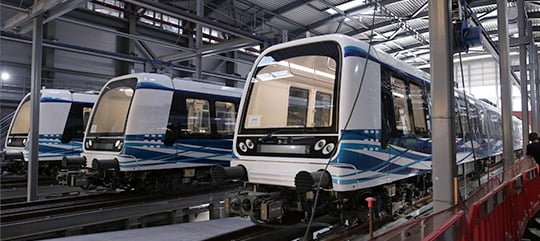Thessaloniki, Greece
THE CITY OF THESSALONIKI
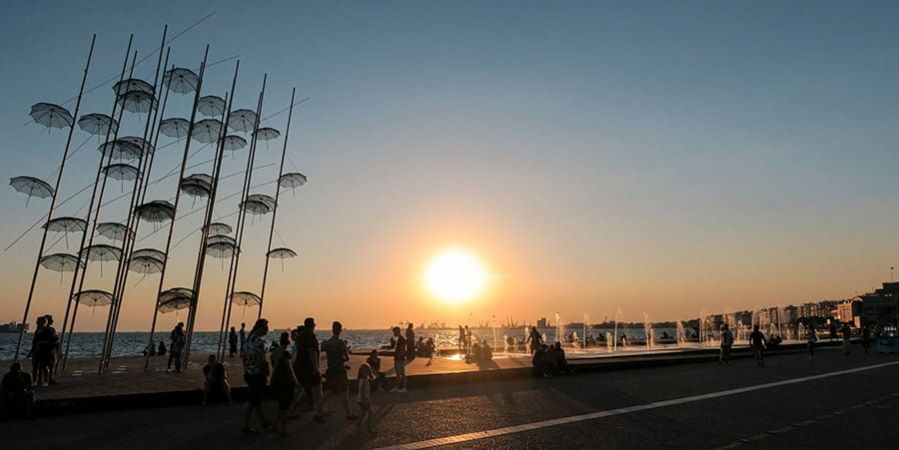
Sights & places you should see
Why thessaloniki?
The conference venue, Aristotle University of Thessaloniki, is located at the city center of Thessaloniki, offering a unique blend of rich history, academic focus, excellent facilities, and vibrant city life, making it an ideal location and an excellent choice for hosting RiverFlow2026.
Sightseeing
-
History and cultural heritage
-
Vibrant City Life
-
Strong Academic and Research Focus
-
Environmental Focus
-
Excellent Venues
-
Accessibility and Transportation
History and cultural heritage
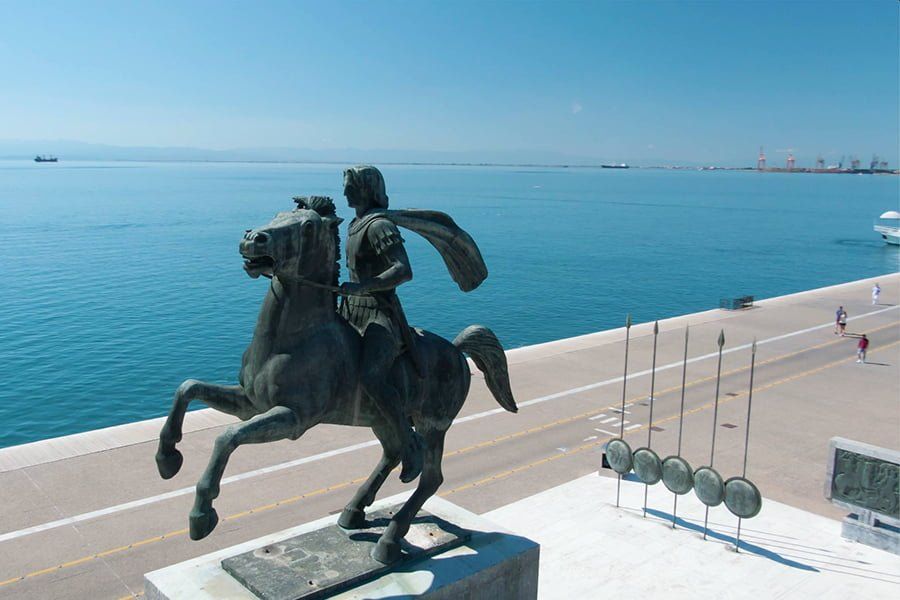
Thessaloniki, the second-largest city in Greece, is a city steeped in history and culture. Founded around 315 BC by King Cassander of Macedon, Thessaloniki has been a significant urban center for centuries due to its location. The city’s rich history is reflected in its numerous historical sites, including the White Tower, the Roman Arch of Galerius, the Monument of Rotonda, the Church of Saint Demetrius, and the Medieval Castle.
The city’s cultural richness is also reflected in its architecture, which is a blend of Roman, Byzantine, and Ottoman influences. Several of Thessaloniki’s early Christian and Byzantine monuments have been inscribed on the UNESCO World Heritage list, further highlighting the city’s cultural significance. Thessaloniki is also home to numerous museums that showcase the city’s history and culture. The Archaeological Museum of Thessaloniki, for example, presents the history of Thessaloniki and the wider region of Macedonia from prehistoric times to the present.
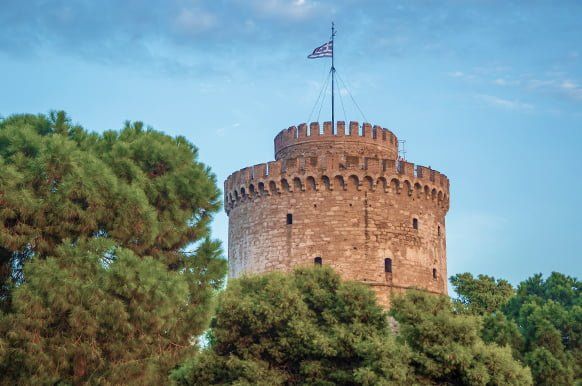

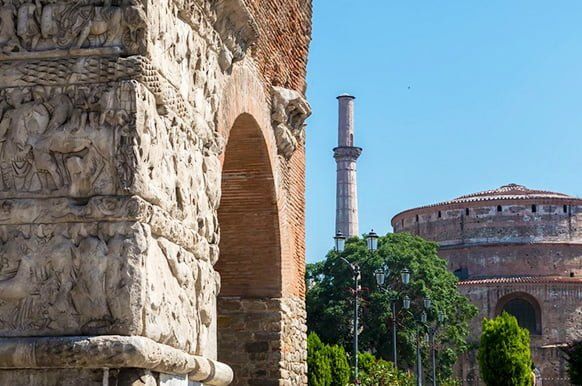

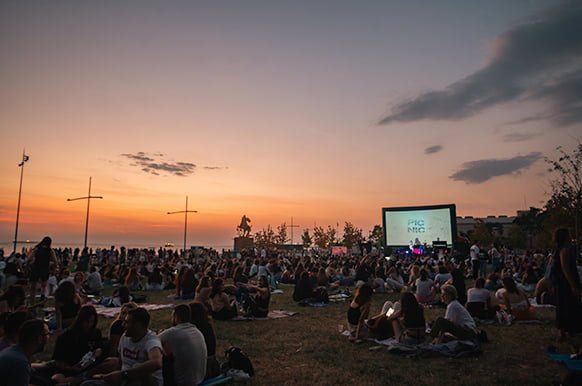
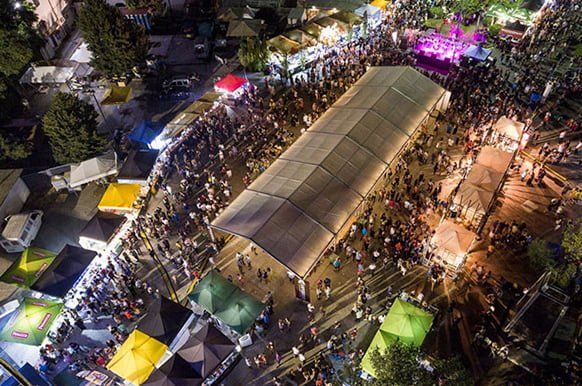
Vibrant City Life
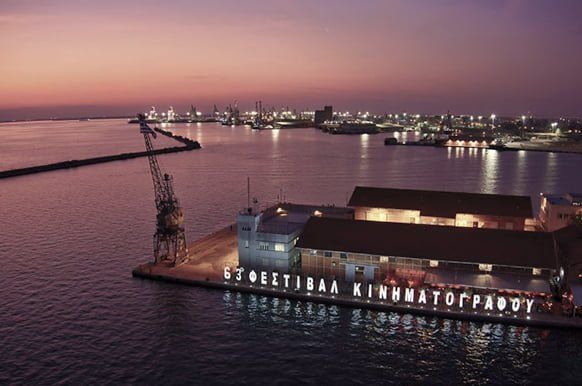
Thessaloniki’s cultural heritage is not only confined to its historical sites and cultural attractions. The city is known for its vibrant cultural scene, hosting numerous festivals and cultural events throughout the year. One of the most notable is the Thessaloniki International Film Festival, which has been held every November since 1960.
Other popular events include the Thessaloniki Biennale of Contemporary Art, the Urban Picnic Festival, and the Thessaloniki Food Festival.
Being one of the biggest cities in southeast Europe and the region’s second-largest center for commerce, industry, and politics, in 1997, Thessaloniki was chosen as the European Capital of Culture.
Thessaloniki has contributed significantly to the development of both Greek and Balkan cultures from the time of its founding in antiquity until the present. Thessaloniki is known for its vibrant city life, with a variety of restaurants, cafes, and bars, as well as a bustling waterfront area.
This combination of rich history, cultural vibrancy, and modern urban life makes Thessaloniki a fascinating city to explore. This vibrant cultural backdrop can provide an inspiring and stimulating environment for conference attendees, offering them the opportunity to explore and learn outside of the conference sessions.
Strong Academic and Research Focus
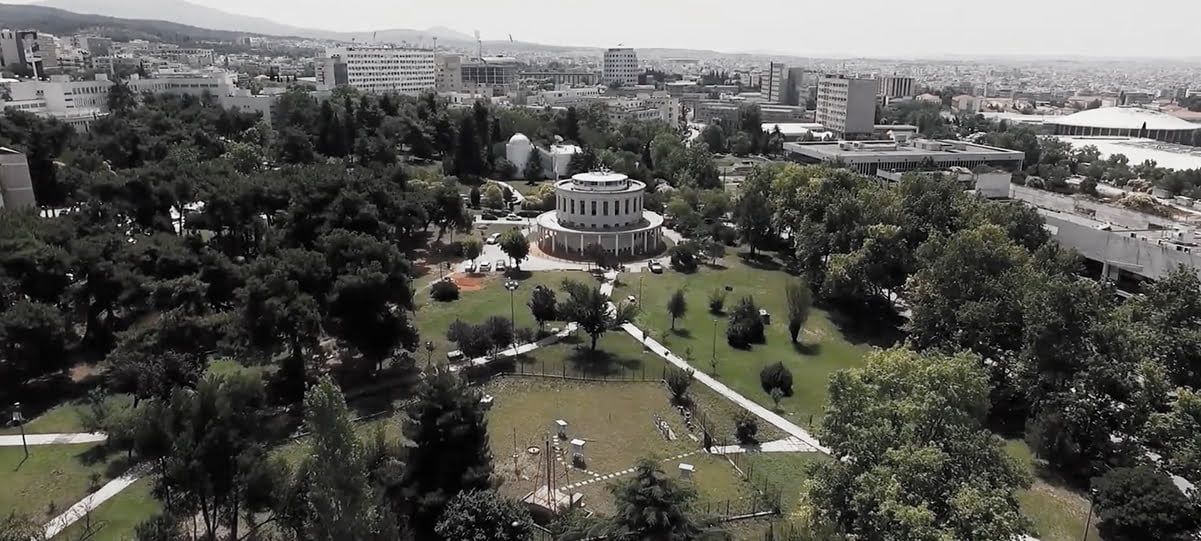
The Aristotle University of Thessaloniki (founded in 1925) is the largest university in Greece, with more than 72.000 undergraduate and 8.300 postgraduate students.
The University’s main Campus covers about 23.000 m2 and is located at to the center of Thessaloniki. Nearly all scientific subjects are covered by the 11 Schools and 41 Departments that make up AUTH.
The School of Civil Engineering, the first School of the Faculty of Engineering of the Aristotle University of Thessaloniki, was established in October 1955 and has a strong focus on academic research, particularly in the field of environmental engineering and hydraulics.
This academic and research focus can provide a supportive environment for the conference, with exciting opportunities for collaboration and knowledge exchange.
The Aristotle University’s Division of Hydraulics and Environmental Engineering has organized international conferences in the past (2003 IAHR world congress), as well as recently (DMPCO 2023).
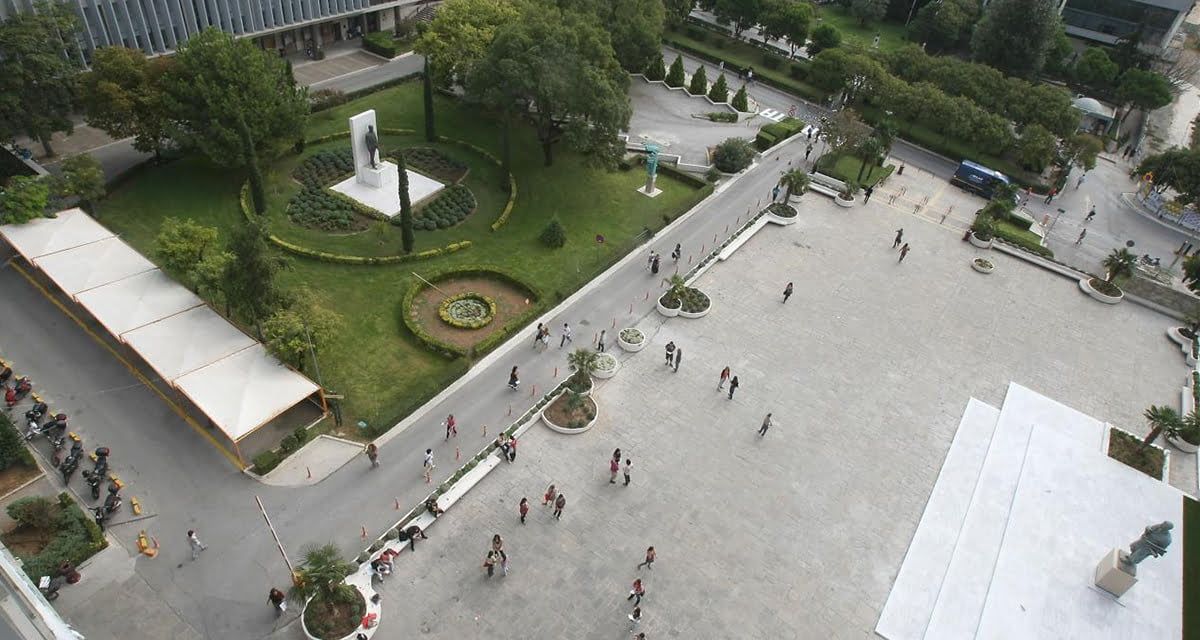

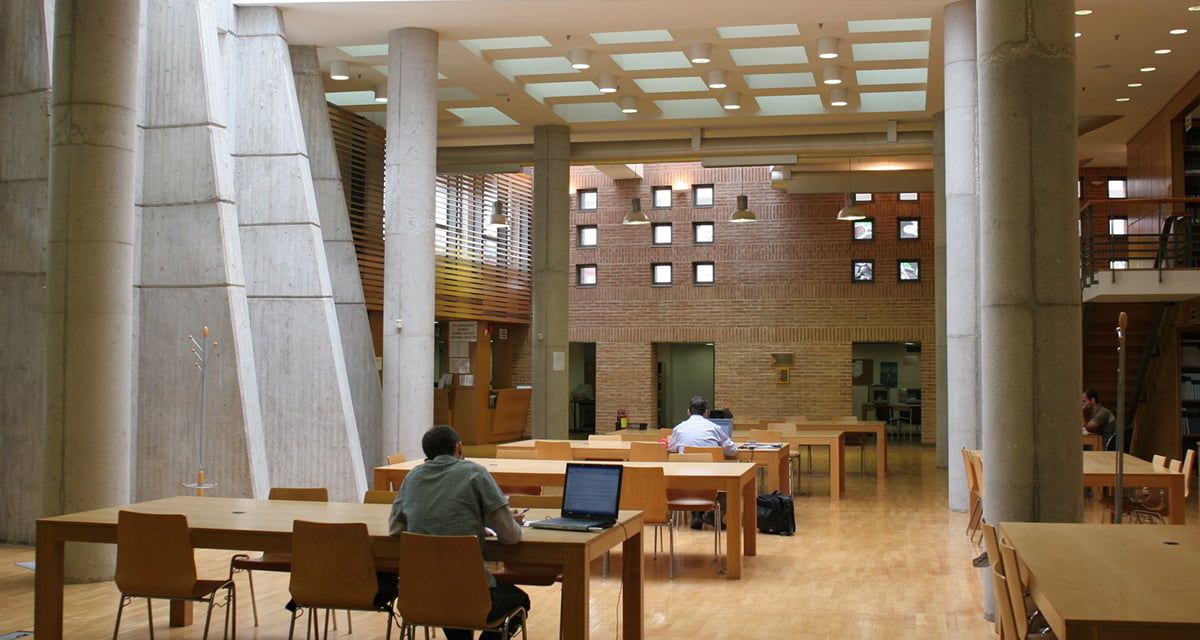
Environmental Focus
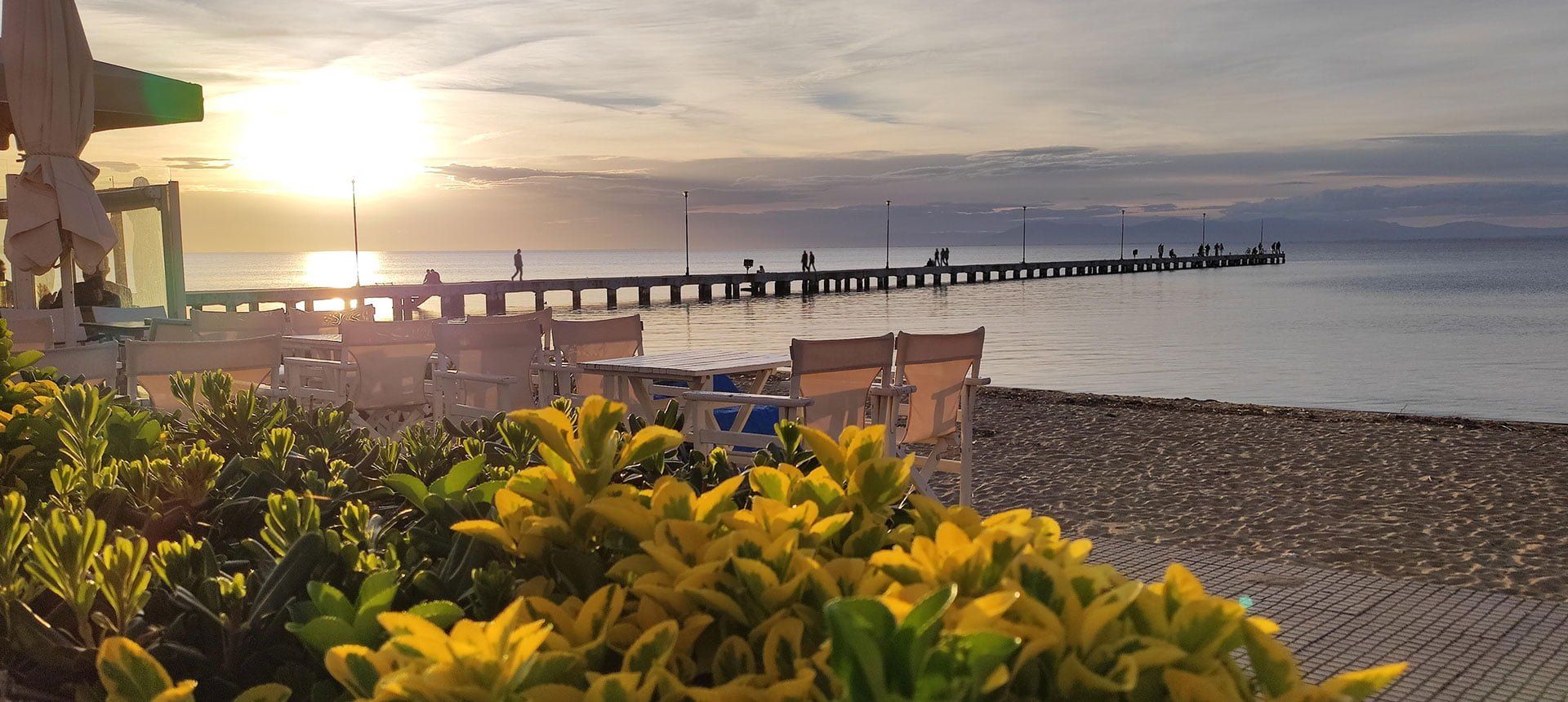
Thessaloniki is known for its vibrant city life, with a variety of restaurants, cafes, and bars, as well as a bustling waterfront area, which allows for effortlessly placing a strong focus on the water environment, aligning with the conference’s theme.
This can provide a pleasant and enjoyable experience for conference attendees during their downtime, offering opportunities for networking and relaxation.
Thessaloniki has demonstrated a commitment to environmental management and sustainability. The city has hosted conferences focused on environmental management and has funded research on urban water supply networks and hydraulic modeling.
This environmental focus aligns well with the theme of the conference and can provide relevant local case studies and research for discussion.

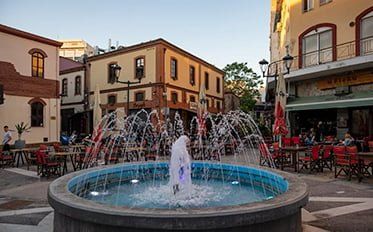
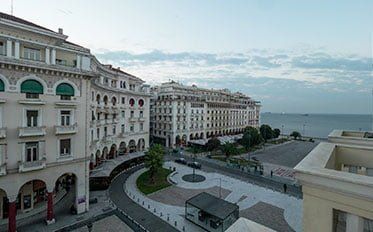
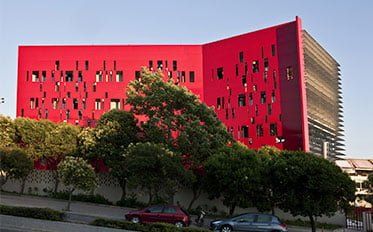
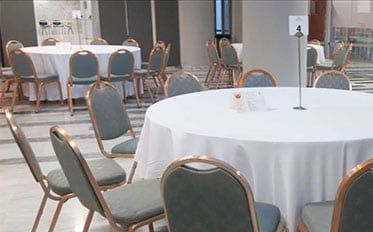
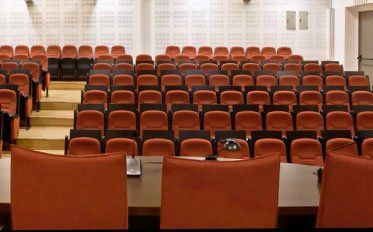
Excellent Venues
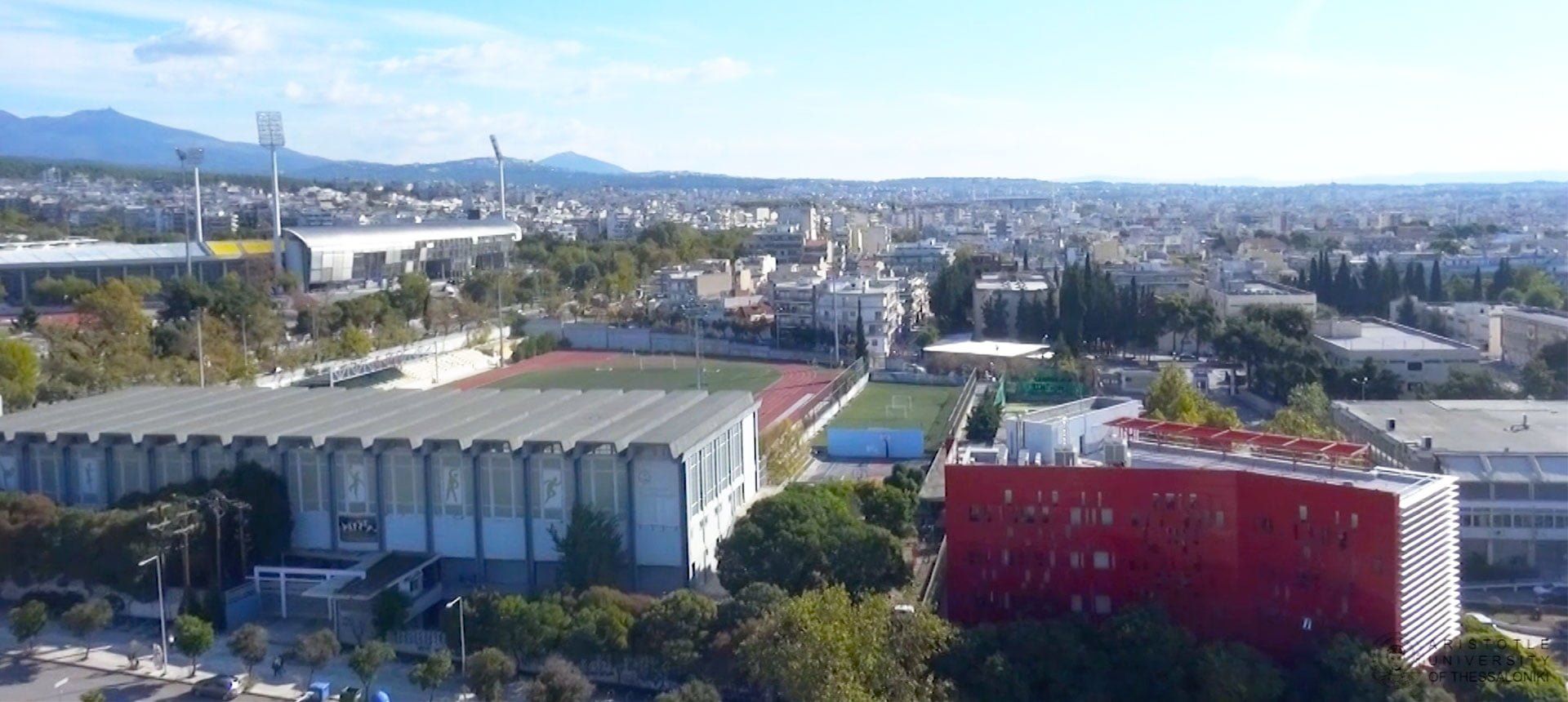
Thessaloniki is home to the Aristotle University, which has hosted numerous scientific conferences in the past, including the 2003 IAHR World congress (also organized by Prof. Prinos).
The university’s Research Dissemination Center (KEDEA) is a modern facility with three large auditoriums and an exhibition space, making it an ideal venue for a large conference. The Research Dissemination Centre (KEDEA) of Aristotle University was established in 2006 and officially launched that year. On the campus of Aristotle University of Thessaloniki, the building is situated between the University Gymnasium and the Student Club in the city’s center, on Tritis Septemvriou Street.
The building’s distinctive red color, which establishes KEDEA as a new spatial landmark on the Tritis Septemvriou Street axis, is a significant component of the building’s architecture.
The contemporary, fully equipped conference halls (auditoriums) and common use public areas of the Research Dissemination Centre make them perfect for holding scientific conferences, symposiums, and cultural events. All meeting rooms are accessible and accommodating to individuals with disabilities.
Travel Information & Accommodation
Thessaloniki is well-connected by public transport, including buses, taxis, and a brand new underground Metro that will be operational in the summer of 2024 (comprising a modern €1.62 billion megaproject).
The city’s transport network can already facilitate easy movement for all conference attendees, both within the city and to and from the airport. The city center offers a vast variety of accommodation options, from hotels to boutique guesthouses – all within close proximity to the university and conference venue.

